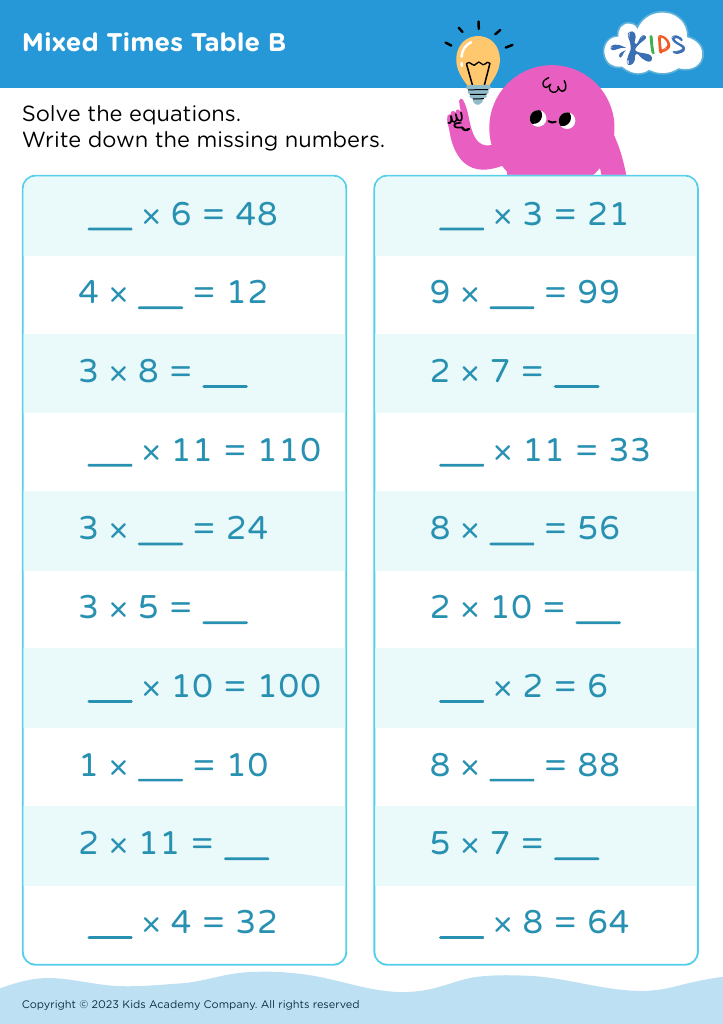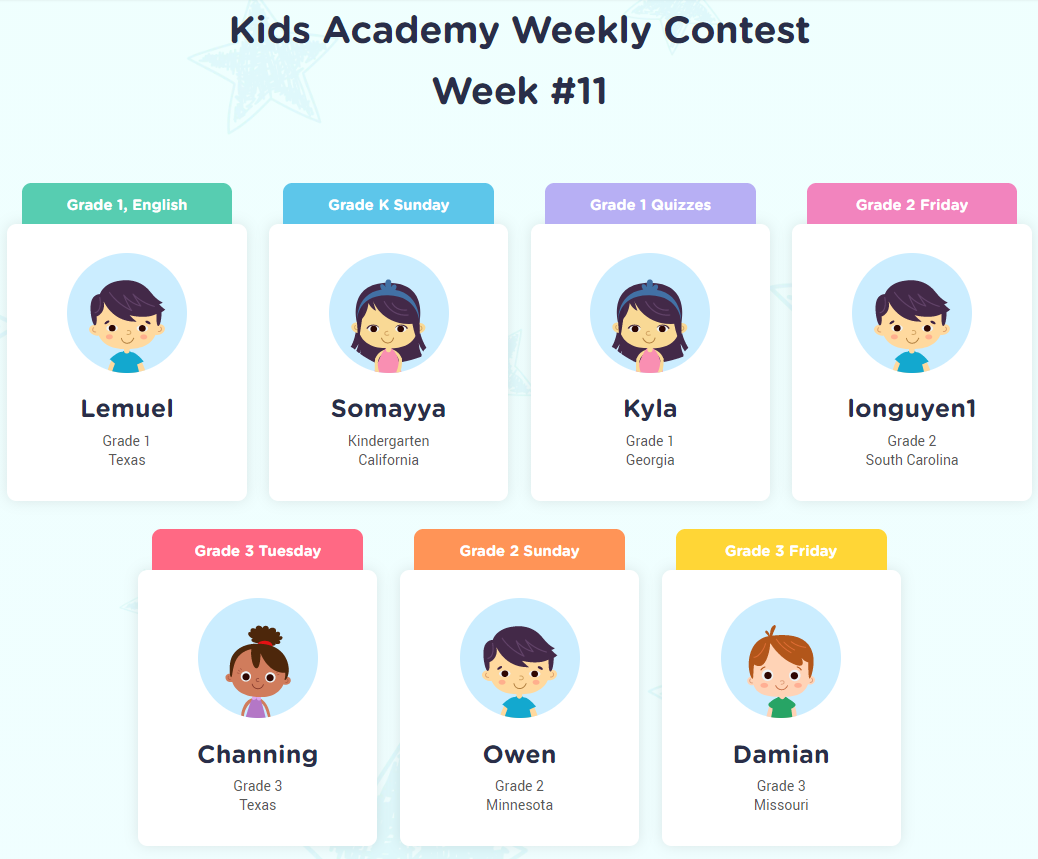Problem-Solving Skills Extra Challenge Worksheets for Ages 3-9 - Page 4
80 filtered results
-
From - To
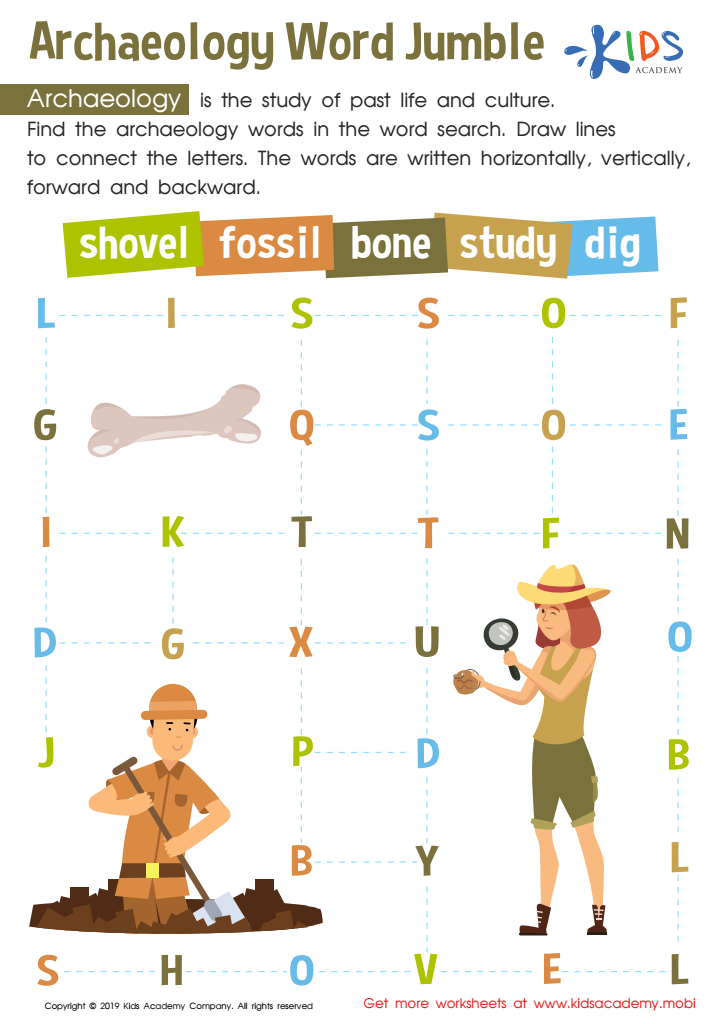

Archaeology Word Jumble Worksheet
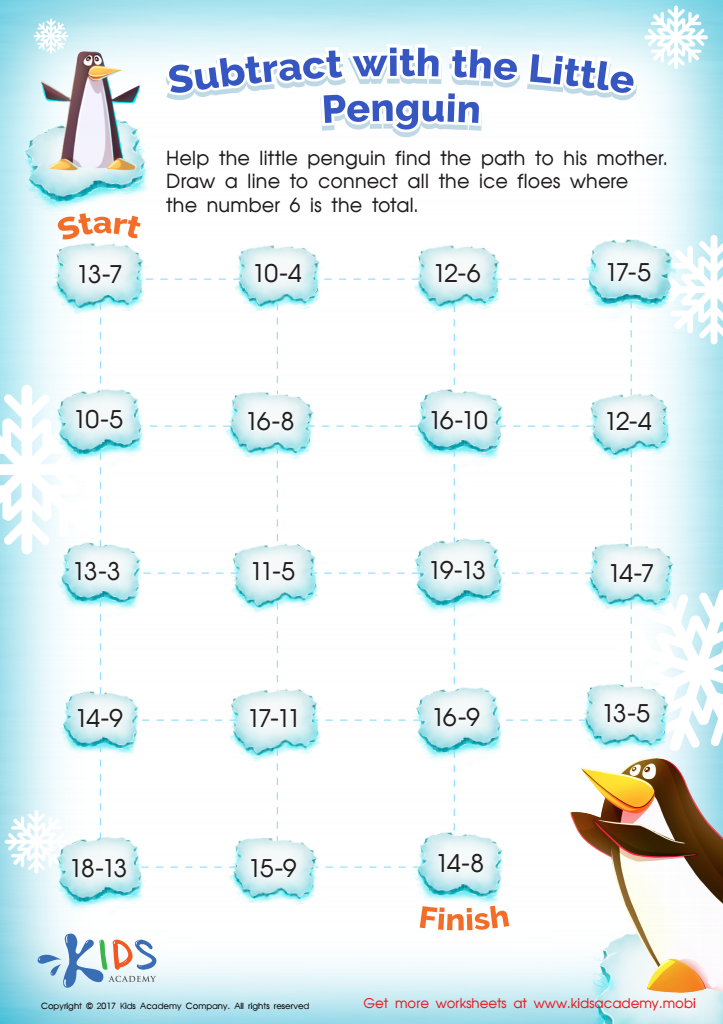

Subtract With The Little Penguin Substraction Worksheet
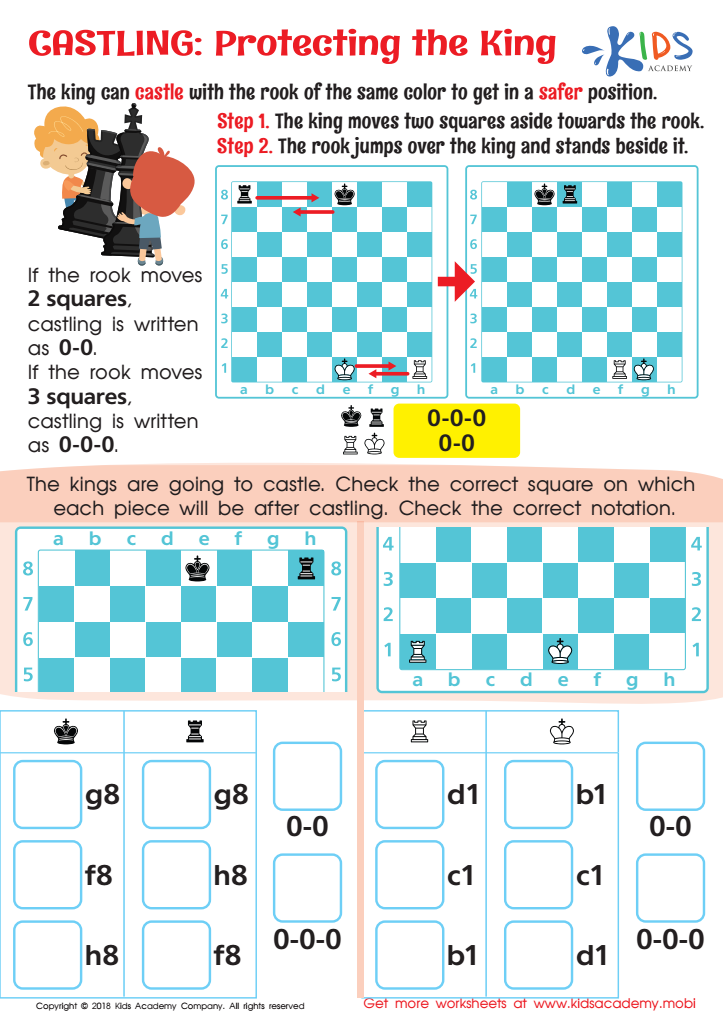

Castling: Protecting the King Worksheet
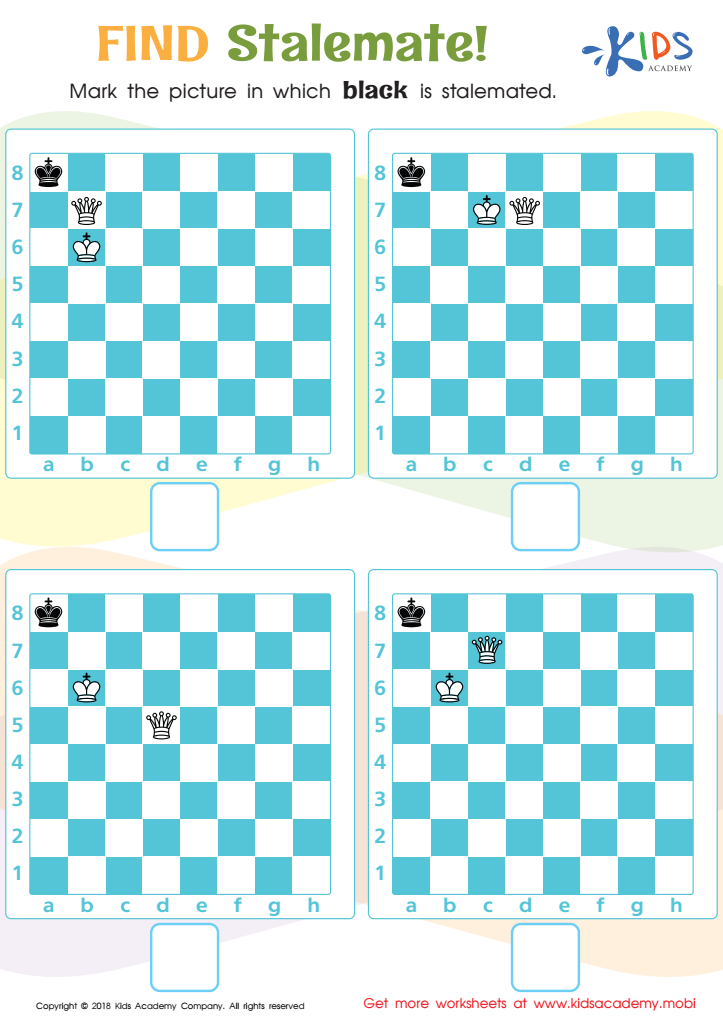

Find Stalemate! Worksheet
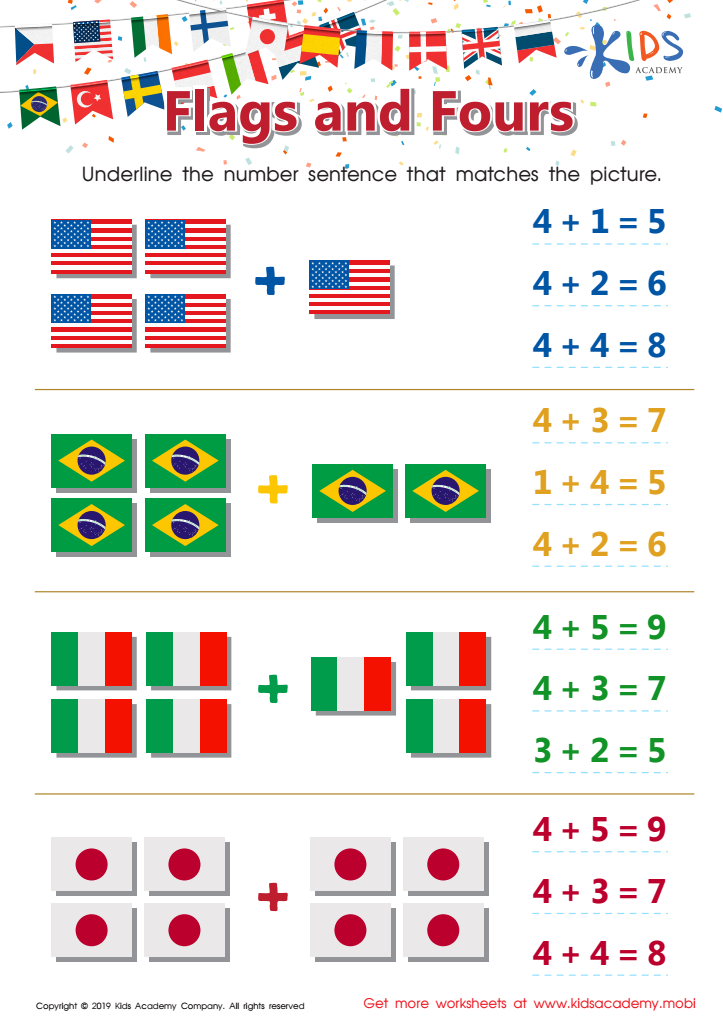

Flags and Fours Worksheet
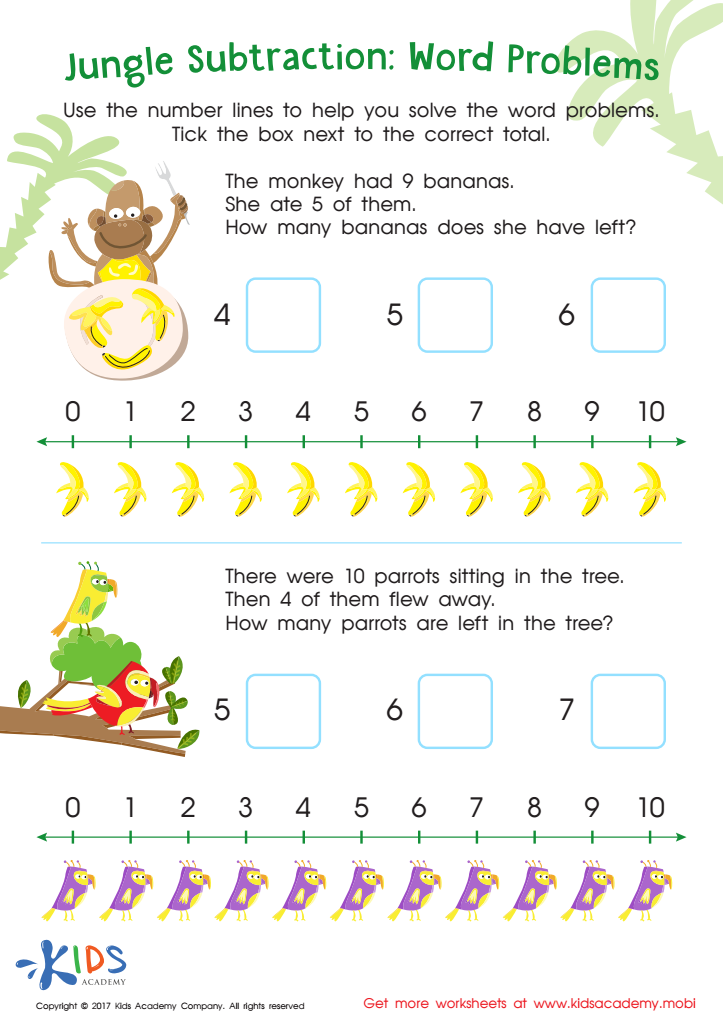

Jungle Subtraction Word Problems Substraction Worksheet
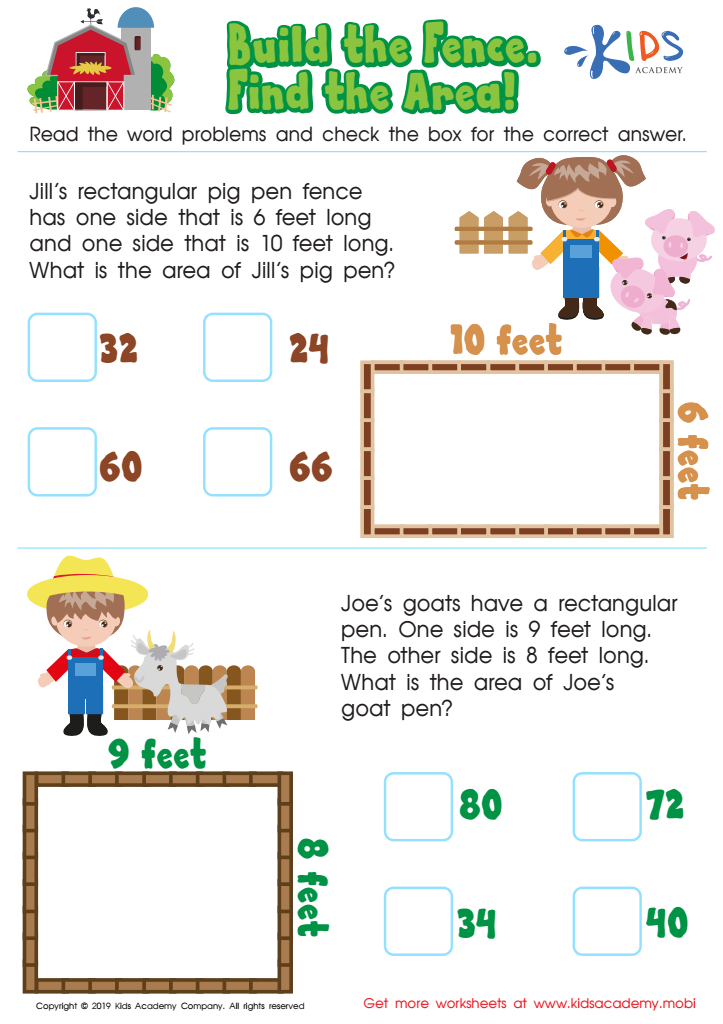

Build the Fence, Find the Area Worksheet
Parents and teachers should prioritize problem-solving skills for children ages 3-9 because these skills are foundational for lifelong learning and success. Early childhood is a critical period when cognitive development is at its peak, and fostering problem-solving abilities during this stage enhances analytical thinking, creativity, and resilience.
Engaging children in problem-solving activities allows them to explore different perspectives, make decisions, and learn from mistakes—valuable experiences that encourage independence and self-reliance. When children tackle challenges, they not only build confidence but also improve their communication and collaboration skills when they work with peers.
Moreover, society increasingly demands critical thinking and adaptability in various fields. By nurturing problem-solving skills in the formative years, parents and teachers are equipping children not just for academic success, but for future professional and personal challenges as well.
Incorporating problem-solving practices through games, stories, and real-life scenarios in classrooms and at home keeps young learners motivated and excited about learning. Overall, the development of these skills helps to create well-rounded individuals capable of navigating the complexities of life with confidence and creativity.

 Assign to My Students
Assign to My Students
